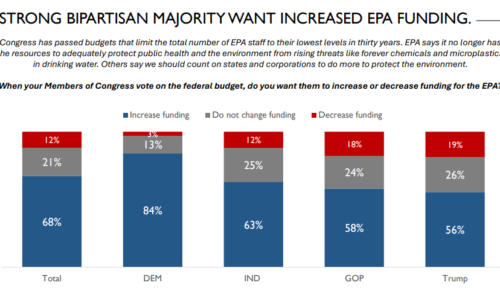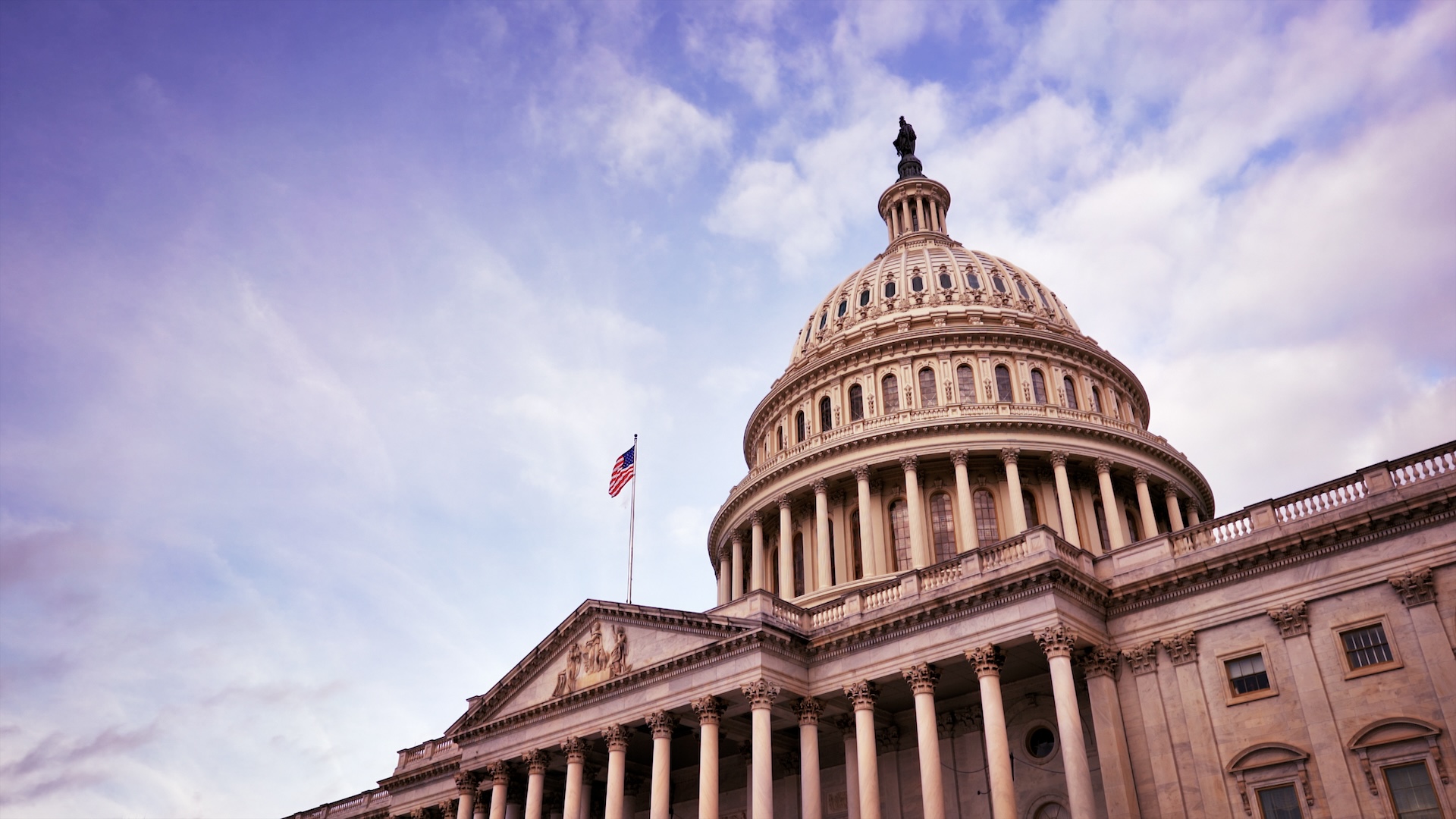Here’s an under-discussed fact: the election “results” reported by the media on Election Night and in the subsequent days are always unofficial projections. We won’t officially know who won the election until days after Election Day itself—and that is how it has always been. In close elections, as we saw in the 2020 presidential race and are likely to see again in 2024, it can take even longer before a winner can be determined.
Every eligible voter deserves to have their voice heard and their ballots counted. Counting millions of votes accurately takes time. Candidate vote totals will fluctuate as ballots are counted.
Counting votes in battleground states
Since the 2020 election, states like Arizona, Pennsylvania, and Wisconsin have made changes to their election laws that are likely to make counting ballots take longer. Moreover, several key swing states (Pennsylvania, Wisconsin, Georgia, and North Carolina), don’t start processing and tabulating mail ballots until Election Day—by law. Moreover, mail ballots are more labor-intensive to count than in-person ballots. (Fortunately, Michigan passed a new law to allow election administrators to pre-process absentee votes, which will speed up the count.)
In Pennsylvania, to process one absentee ballot, a bipartisan board of election workers must first open the outer envelope, check the inner secrecy envelope for any information that could be used to identify the voter, open the inner secrecy envelope, and unfold and flatten the ballot so that it can be put through a ballot scanner. This must be done for every absentee ballot—and more than 2 million Pennsylvanians requested a no-excuse mail ballot this election.
Some states, including Arizona and Michigan, require election workers to compare a voter’s mail ballot signature to the signature on the individual’s voter file. That is one of the reasons why election officials in Maricopa County, Arizona say it may take up to two weeks to get every vote counted. Because results take longer in Arizona, the state is often embroiled in conspiracy theories and election mis- and disinformation.
Maricopa County is home to the city of Phoenix and about 60 percent of the entire state’s population. In 2020, the margin of victory was razor thin—President Biden won 50.3 percent of the vote. County officials expect to count 2.1 million ballots this year, each with 79 contests—Arizona’s ballots are uncharacteristically long this election because of the number of races and issues on the ballot. Lastly, a new policy requires that election workers hand count the number of mail ballots dropped off on Election Day.
Mail ballots also take time to count because thirty-three states allow people to fix errors voters made on their ballot that prevented their ballot from being counted. Arizona, Georgia, Michigan, and North Carolina give voters until several days after Election Day to cure these mistakes and return a corrected or new ballot to be counted. That’s an important protection to make sure everyone can participate.
While most states require mail ballots to be received on or before Election Day, 18 states, Puerto Rico, the Virgin Islands, and DC will count those received later, if they are postmarked on or before Election Day. For example, Ohio will accept and count mail ballots received within four days of Election Day if postmarked by the day before the election.
Finally, there will likely be a series of lawsuits that slow down the counting process across multiple states.
What you can do
First, stay patient and calm and remember that a candidate’s vote total will change as ballots are processed and counted, even after Election Day. Nobody’s “ahead” or “behind” at this point—every vote counts the same, no matter when it’s counted. Second, know that election workers are tirelessly working to ensure elections are administered fairly and accurately. Third, don’t let election deniers exploit the time it takes to accurately count every eligible ballot to spread lies. Counting and verifying every eligible vote to ensure a fair and accurate election is more important than speedy results.

 2 weeks ago
45
2 weeks ago
45


